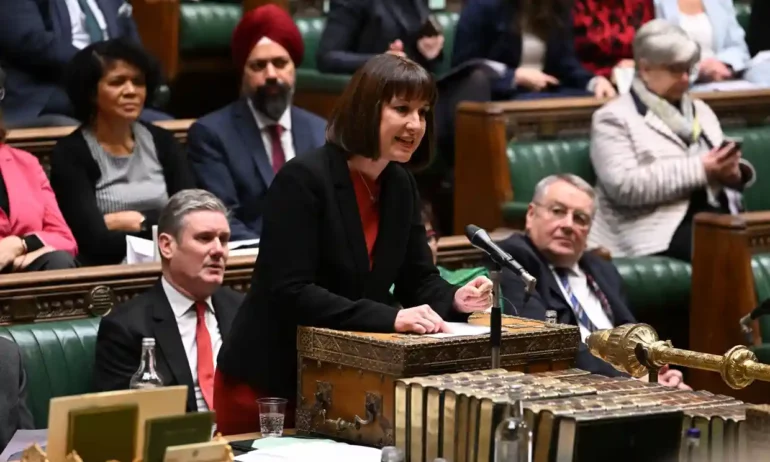Chancellor Rachel Reeves is considering major reforms to the UK’s property tax system, including scrapping Stamp Duty for buyers and replacing it with a levy on the sale of higher-value homes.
Under the proposals, the new charge would apply to owner-occupied properties worth more than £500,000, shifting the burden from purchasers to sellers, sources told The Guardian.
The changes are part of a wider review of property taxation, which could also see Council Tax phased out in favour of a modernised local property tax based on current valuations.
The Treasury has said the aim is to reduce barriers for first-time buyers and improve market fluidity, while raising revenue without increases to income tax, VAT or National Insurance.
Analysts estimate that around one in five transactions would be affected, compared with more than half under the existing Stamp Duty regime.
However, critics warn the £500,000 threshold risks hitting London and the South East hardest, where property values are typically higher.
The proposals remain at an early stage, with further details expected in the run-up to the Autumn Budget.
Reaction:
Timothy Douglas, head of policy and campaigns at Propertymark:
“Discussions around reforming Stamp Duty are welcome because it is a significant barrier to moving and getting people on the housing ladder. What’s key is that any reforms are evidence based and support first time buyers, second steppers and those looking to right size.
“Economic growth can come from reducing the financial burden of Stamp Duty which we know increases the number of transactions, but any changes must work alongside differing property prices and the dynamic nature of our housing markets across the country.”
Jeremy Leaf, north London estate agent and a former RICS residential chairman:
“Is this just council tax in another name? In any event the council tax system needs revising because there are so many anomalies but the cost of doing so and the time involved would be prohibitive.
“There are lots of issues with regard to values and type of property in the present system – for example, residents in some areas may pay relatively less than others even though their properties are now much more valuable because council tax was set at a time before gentrification or other improvements.
“But it is all about the optics – it is not just about introducing another tax, a separate tax would have to be consulted on, would take time to badge and produce – so the easiest way to increase revenue would be to raise council tax. But it all depends on by how much needs to be raised and whether more structural changes take place.
“We are very much in favour of incorporating this tax as a substitute for stamp duty as the latter is a tax on moving. We are trying to encourage growth; as a country, we want to see improved job and social mobility. Stamp duty stops that, particularly among those on the margins, such as first-time buyers, as it is such a big investment.
“We can see the advantage in taking tax from people who have benefited from an increase in property values but the fear is that it is going to impact the vulnerable in particular. Those of retirement age, say in their late sixties, might be able to move into a flat or bungalow (should they be able to find a suitable one) with not too much of an issue. But for those more on the margins, say in their early eighties, who are not so mobile and don’t want to move out of an area where they have lived comfortably for many years near family and friends – why should they have to move some distance where property prices happen to be cheaper? We understand the issue of right sizing and getting people in the right properties as far as possible but forcing people to downsize, particularly the most vulnerable and compromised, must be avoided.”



